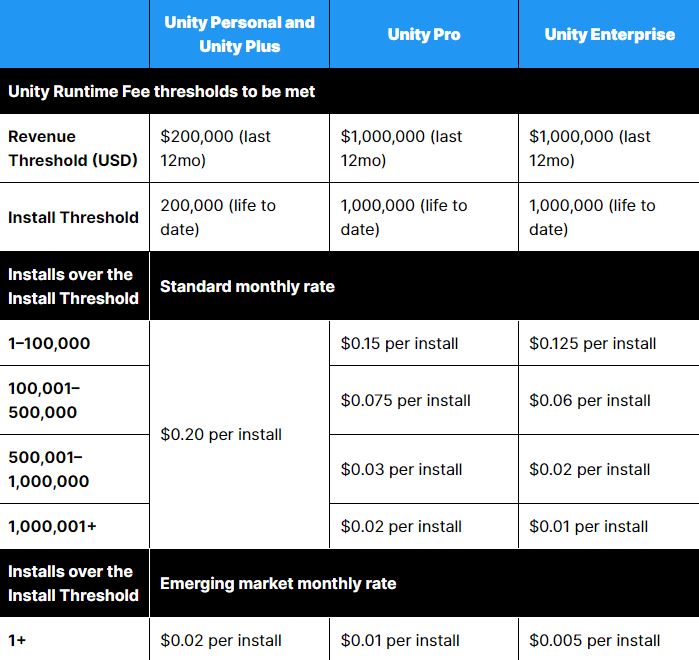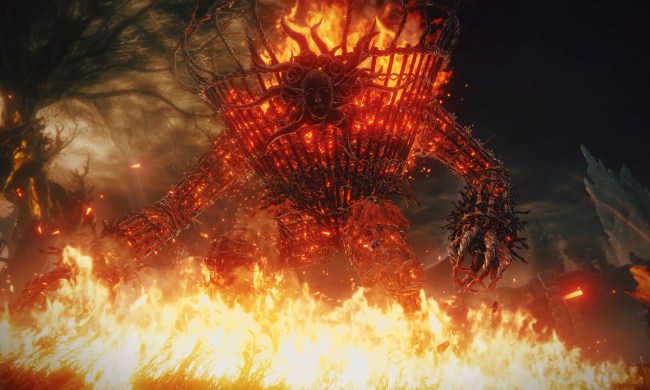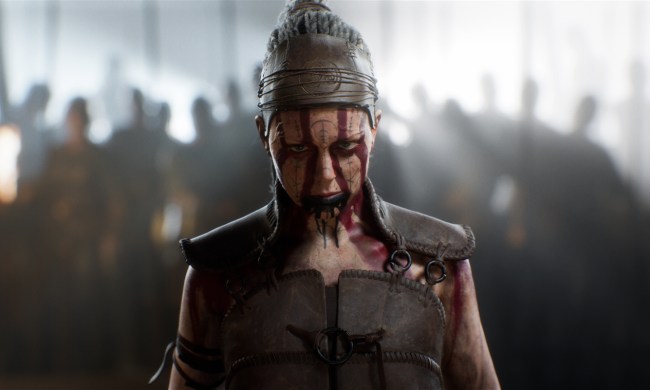Unity angered lots of game developers earlier today when it unveiled its upcoming Unity Runtime Fee program, which takes a cut every time a Unity game is installed. It is particularly harsh for smaller developers using Unity Personal, as they will be $0.20 per install if their game makes over $200,000 within 12 months and gets over 200,000 lifetime game installs. There has been a lot of confusion over what exactly Unity defines as a “game install” in an industry full of subscription services, game bundles, and piracy. Digital Trends reached out to get clarification on what counts, and Unity responded.
When it comes to the multitude of ways players can acquire games, Unity says developers don’t need to worry about fees related to trials, bundles, and giveaways. That said, developers who put their games in a subscription service like Xbox Game Pass or PlayStation Plus Premium will need to take these fees into account.”Demos, trials, game bundles, and giveaways like the Humble Bundle do not count as installs,” a Unity spokesperson tells Digital Trends. “Subscription services, like Game Pass, do count as an install.”

Then comes the question of piracy, as many developers are concerned that people who illegally download their games could rack up Unity Runtime Fee expenses. Unity believes its fraud detection systems are already strong, but it will establish a process for developers to submit concerns to Unity’s fraud compliance team.
“Regarding fraud or piracy, we do already have fraud detection practices in our Ads technology which is solving a similar problem, so we will leverage that know-how as a starting point,” a Unity spokesperson tells Digital Trends. “We recognize that users will have concerns about this, and we will make available a process for them to submit their concerns to our fraud compliance team.”

Hopefully, these clarifications can give Unity developers more compressive insight into where exactly they should expect Unity Runtime Fees. It’s definitely a system that seems like it will negatively impact smaller studios the most, and when asked about that, Unity’s spokesperson said the following: “The pricing was designed to ensure developers could find success before the install fee takes effect. The developers who will be impacted are generally those who have successful games and are generating revenue way above the thresholds. This means that developers who are still building their business and growing the audience of their games will not pay a fee.”
Update: In the day since the Unity Runtime Fee’s announcement, developers have continued to rally against the new fee. Another Crab’s Treasure’s Aggro Crab, Among Us‘ Innersloth, Game Dev Tycoon’s Greenheart Games, and more have released official statements on the matter, condemning Unity’s decision. On top of that, Unity provided more context on what counts as a game installation to Axios on Tuesday night, some of which doesn’t completely line up with what a Unity spokesperson told Digital Trends.
First, Unity’s Marc Whitten told Axios that Unity won’t make developers pay a fee for players who uninstall and re-install game on the same device; they will have to pay if the game is installed on a second device like a Steam Deck, though. Then, when it comes to demos, Whitten elaborated a confirmed that Unity would still charge a fee if “the demo is part of a download that includes the full game.” Finally, when it comes to subscriptions, Unity now says the fees won’t be the responsibility of developers, but the distributor that runs the subscription service.



